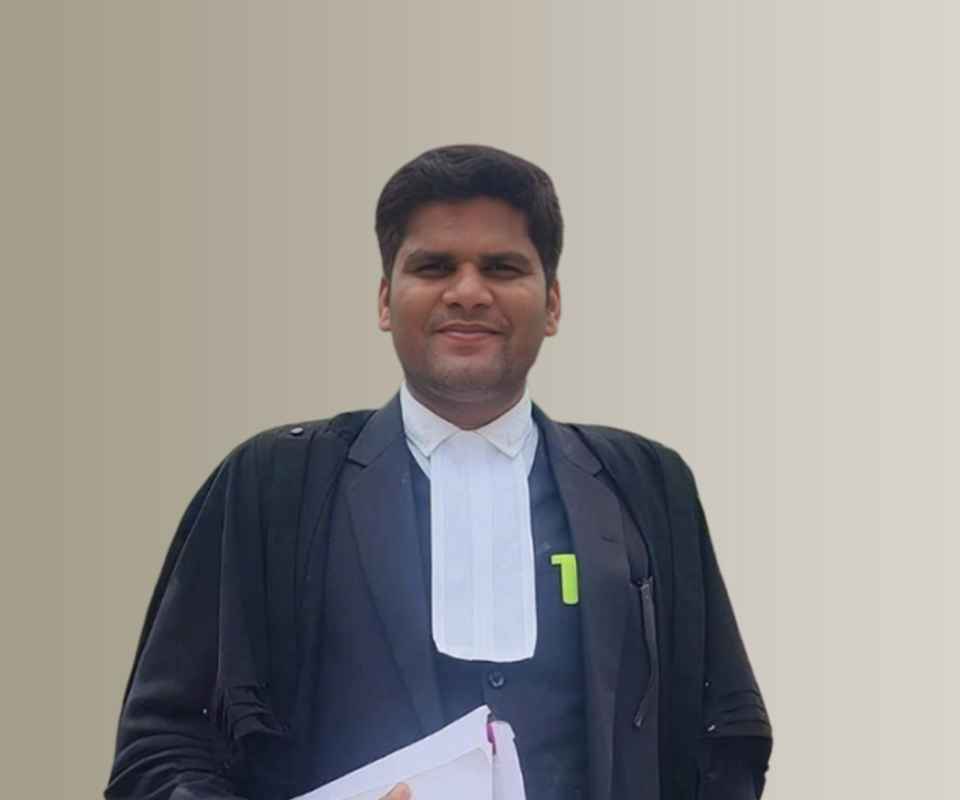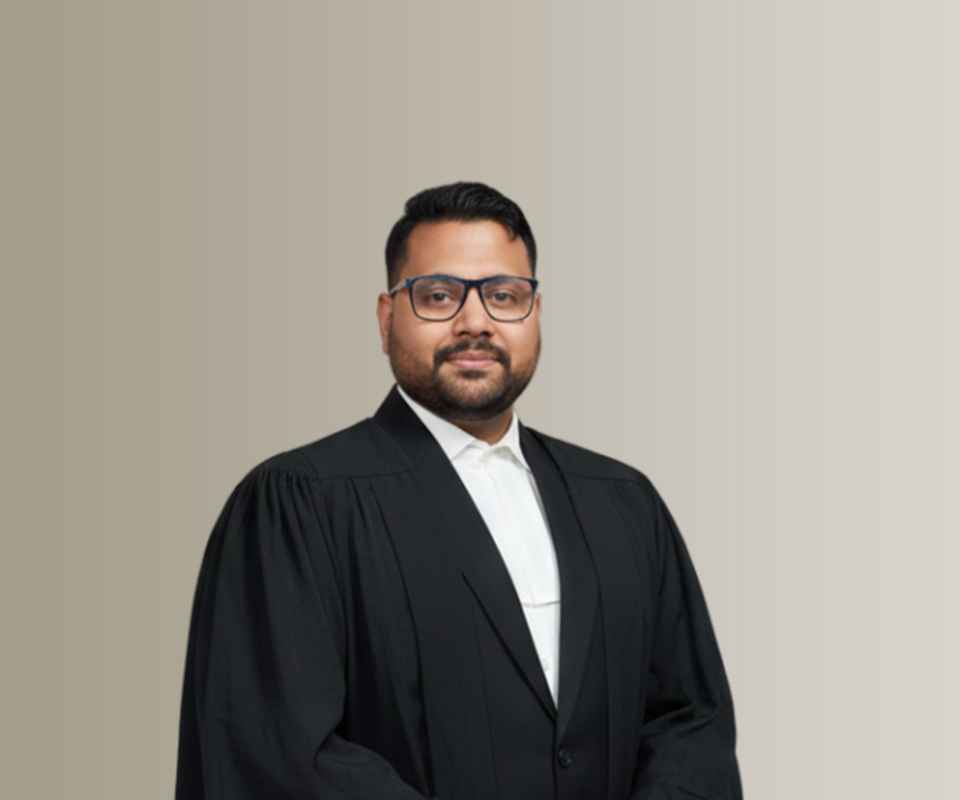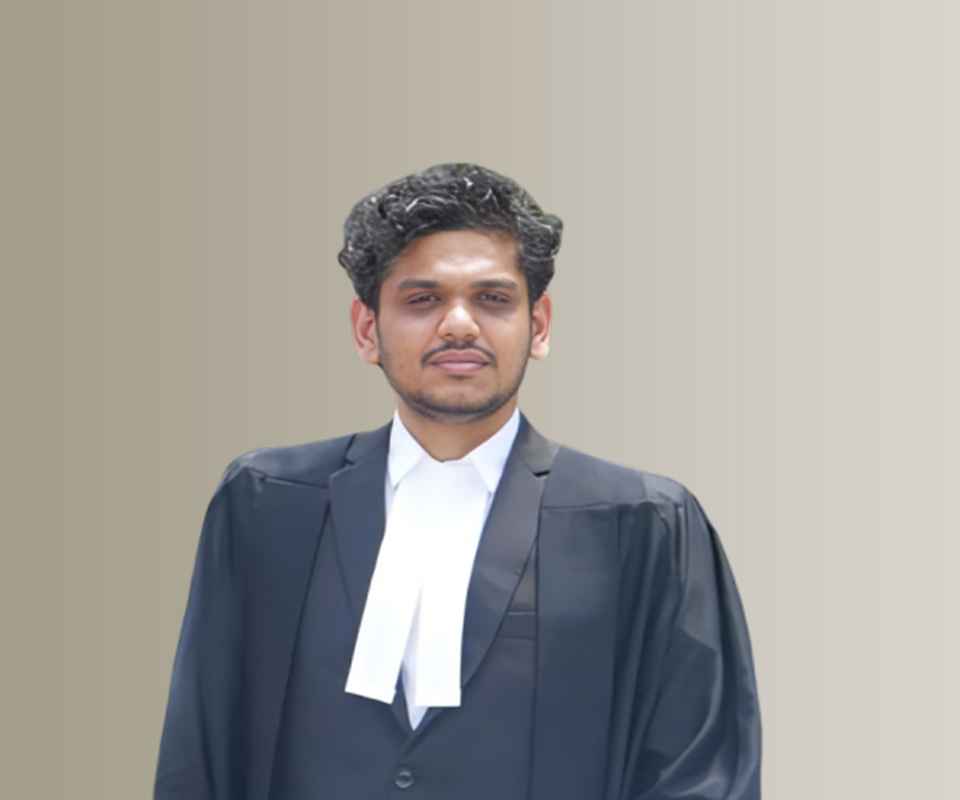Answer By law4u team
Bhartiya Sakshya Adhiniyam, 2023 - Section 39: Opinions of Experts
(1) When the Court has to form an opinion upon a point of foreign law or of science or art, or any other field, or as to identity of handwriting or finger impressions, the opinions upon that point of persons specially skilled in such foreign law, science or art, or any other field, or in questions as to identity of handwriting or finger impressions are relevant facts and such persons are called experts.
Illustrations:
- (a) The question is whether the death of A was caused by poison. The opinions of experts as to the symptoms produced by the poison by which A is supposed to have died are relevant.
- (b) The question is whether A, at the time of doing a certain act, was, by reason of unsoundness of mind, incapable of knowing the nature of the act, or that he was doing what was either wrong or contrary to law. The opinions of experts upon the question whether the symptoms exhibited by A commonly show unsoundness of mind, and whether such unsoundness of mind usually renders persons incapable of knowing the nature of the acts which they do, or of knowing that what they do is either wrong or contrary to law, are relevant.
- (c) The question is whether a certain document was written by A. Another document is produced which is proved or admitted to have been written by A. The opinions of experts on the question whether the two documents were written by the same person or by different persons are relevant.
(2) When in a proceeding, the court has to form an opinion on any matter relating to any information transmitted or stored in any computer resource or any other electronic or digital form, the opinion of the Examiner of Electronic Evidence referred to in section 79A of the Information Technology Act, 2000, is a relevant fact.
Explanation: For the purposes of this sub-section, an Examiner of Electronic Evidence shall be an expert.
Brefe Detail
Section 39 of the Bhartiya Sakshya Adhiniyam, 2023, addresses the relevance of expert opinions in court proceedings. It states that when the court needs to make judgments on matters involving foreign law, science, art, handwriting identification, or digital evidence, the opinions of qualified experts in those fields are considered relevant facts. The section also specifies the role of an Examiner of Electronic Evidence as an expert in cases involving digital information.
Question & Answers
Q1: What is the main focus of Section 39?
A1: Section 39 focuses on the relevance of expert opinions in legal proceedings concerning foreign law, science, art, handwriting identification, and digital evidence.
Q2: Who qualifies as an expert according to this section?
A2: An expert is defined as a person specially skilled in foreign law, science, art, handwriting, finger impressions, or digital evidence.
Q3: Can expert opinions be used to determine if a death was caused by poison?
A3: Yes, the opinions of experts regarding the symptoms produced by the poison are relevant in such cases.
Q4: What role does an Examiner of Electronic Evidence play in court?
A4: The opinion of the Examiner of Electronic Evidence is considered a relevant fact when the court needs to form an opinion on information transmitted or stored in digital formats.
Q5: What is an example of an illustration provided in Section 39?
A5: An example is when the court needs to determine whether a document was written by a specific person, and the opinions of experts regarding the handwriting are considered relevant.
Example
- In a case where the cause of death is disputed, experts may be called to testify about the symptoms of poisoning, helping the court determine whether poison was involved.
- If a person’s sanity is questioned during a trial, experts may provide insights into the symptoms of unsoundness of mind to assist the court in making a judgment.
- In handwriting analysis, if a document is claimed to be written by an individual, experts can compare it to known samples to ascertain authorship.
Summary
Section 39 of the Bhartiya Sakshya Adhiniyam, 2023, emphasizes the importance of expert opinions in court proceedings. It allows for the inclusion of specialized knowledge in areas such as foreign law, science, handwriting analysis, and digital evidence, thereby enhancing the court's ability to make informed decisions based on relevant expert insights.







